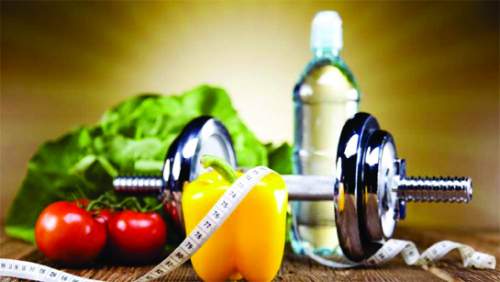
We all know that what one eats is important. But what about when should one eat? Especially if you’re active?
Remember, if one is exercising for general health and fitness; if one’s goals are more modest; and/or one don’t have unique physiological needs, then one should focus on eliminating nutrient deficiencies; ensuring that portions are of right size; and starting to eat right for one’s body type.
By eating wisely, one will reap the benefits of being properly fueled. Maximize muscle growth, aide recovery and replenish glycogen stores, and one will have the energy and endurance to power oneself through one’s workouts and athletic endeavors
Back To HomeNutrition, nourishment, or aliment, is the supply of materials - food - required by organisms and cells to stay alive. In science and human medicine, nutrition is the science or practice of consuming and utilizing foods.
Nutrition also focuses on how diseases, conditions, and problems can be prevented or reduced with a healthy diet. Good nutrition can help:
A diet low in fats, cholesterol and sodium can lower your risk of heart disease. The types of fat in your diet play a major role in your level of risk.
A diet rich in calcium keeps your bones and teeth strong and helps prevent bone loss associated with osteoporosis.
Increased energy levels are the immediate benefits of switching to a healthy diet. Eliminating excess fats, sugars and refined carbohydrates helps prevent blood sugar fluctuations.
Nutrition increases blood flow to your brain, protecting brain cells and helping to prevent Alzheimer’s disease.

| BMI Categories | |
|---|---|
| BMI Below 18.50 | Underweight |
| BMI 18.50 - 24.99 | Healthy Weight |
| BMI 25.00 - 29.99 | Overweight |
| BMI 30 More | Obese |